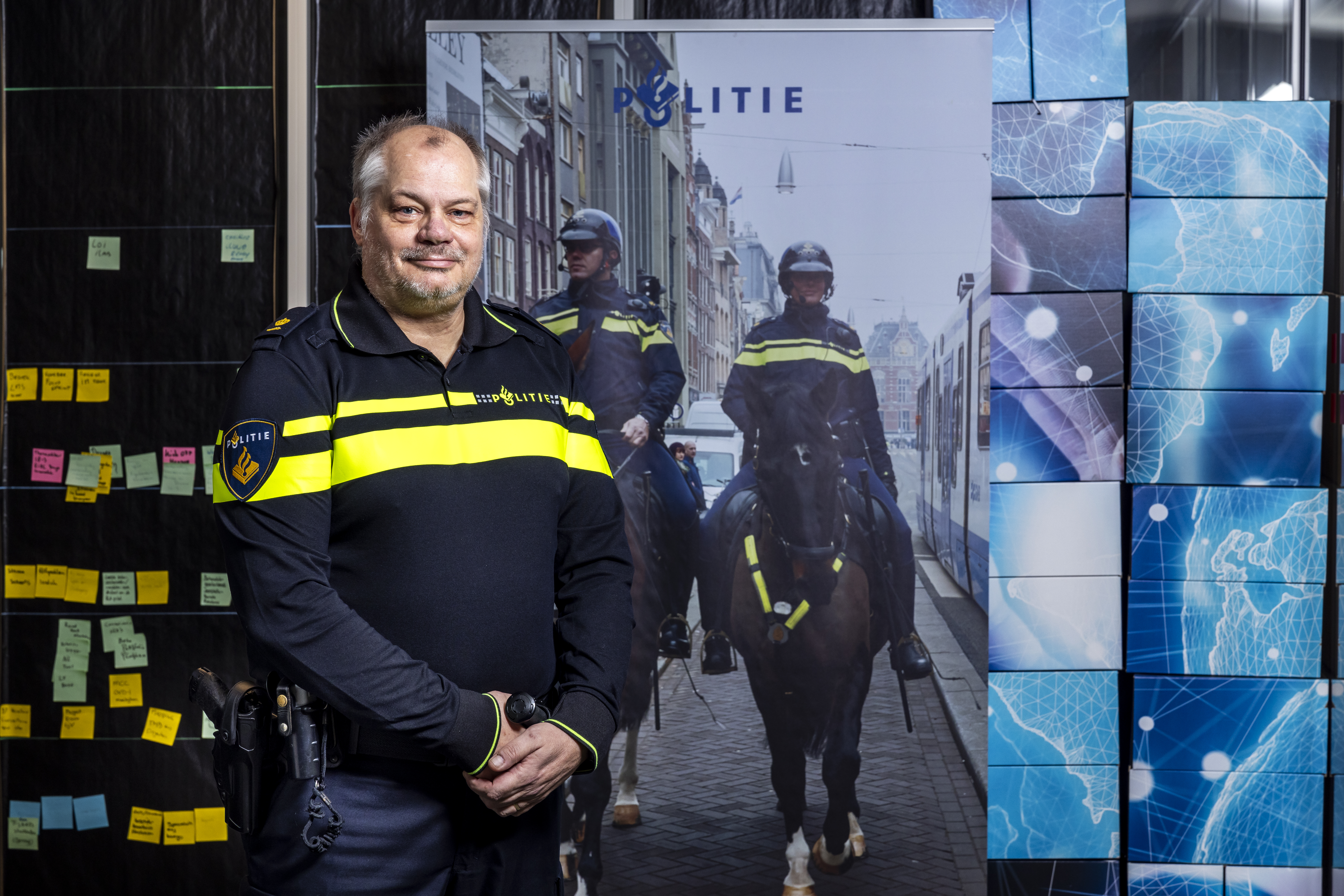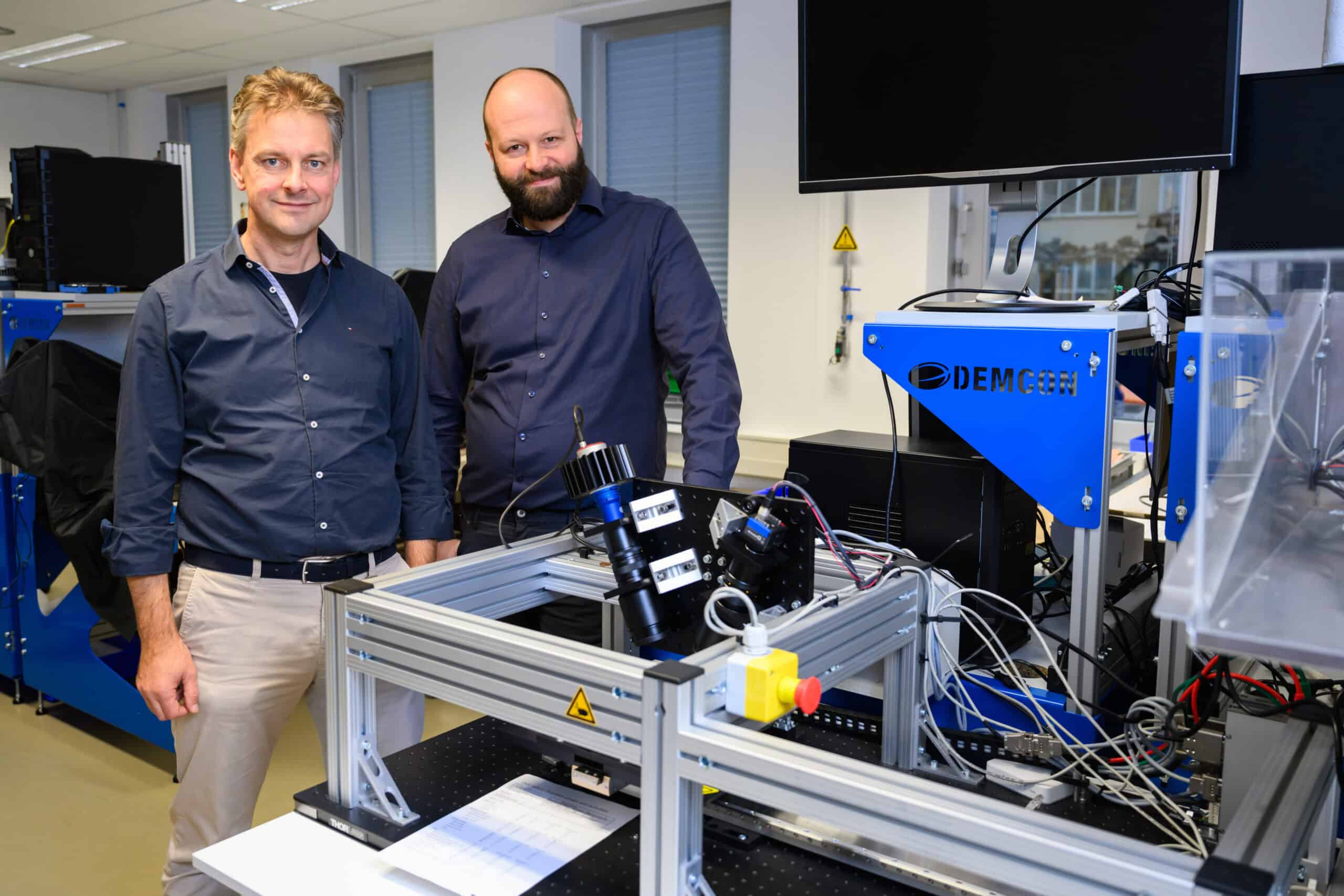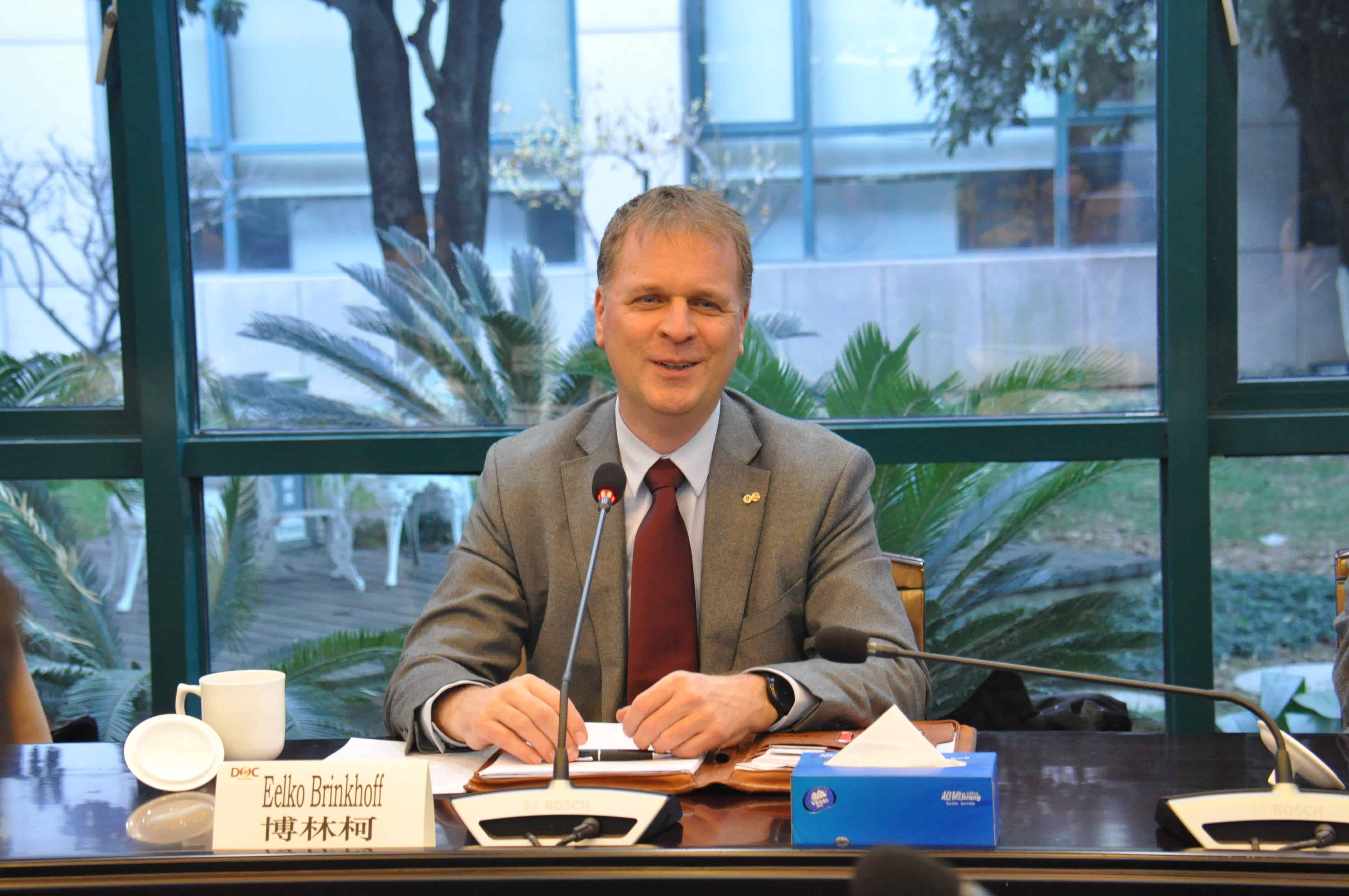
If there is one category of companies that are responsible for innovation in the Netherlands, it would have to be the start-ups. Innovation Origins is always looking for relevant innovations, therefore there is every reason to really capture the complete Dutch start-up ecosystem. Armed with the data sets of StartupDelta, we visited all Dutch provinces. In 14 episodes, published between December 24, 2018, and January 7, 2019, we’re giving an overview of the start-up ecosystem in the Netherlands. The series has been made by the journalists of cooperation PitchProducties, commissioned by Innovation Origins. Today: Flevoland. Read the other episodes of the series here (as far as already published).
The youngest province of the Netherlands, that sounds like a very appropriate place for a bustling start-up ecosystem. There definitely is entrepreneurship in Flevoland, but a startup ecosystem is still in its infancy.

Indicative of the lack of a real start-up ecosystem is a name that keeps coming up at the search results: Startup Almere. It sounds like the key figure of the start-ups in Almere, but it ended a year ago. Valerie Bos was one of the founders of Startup Almere. During a meeting in Almere, the idea was that something had to be done with start-ups. “We were familiar with the idea, but we weren’t by far Silicon Valley”.
In 2016, not much was being organized for young starting entrepreneurs in the region. Startup Almere wanted to change this and organized a lot of free event to help them with this. It was a huge success according to Bos, but the target audience wasn’t able to pay for the services of her and the two co-founders Menno van Dam and Martijn de Vries.
The lack of funding was also the reason to put an end to it. The local government did partly pay for it, but that wasn’t enough to set up an ecosystem. The contrast with Amsterdam is big, where start-ups are invested in a lot more. A missed opportunity, Bos thinks: “What they can do in Amsterdam, we can do too, in Almere style.”

Municipalities and start-ups
The Municipality of Lelystad has finally discovered the power of start-ups, says Hinde Dijkhuis on behalf of the municipality. The municipality (just like the Municipality of Almere) has been participating in the innovation program of the Metropolitan Region Amsterdam (MRA) since this summer. The municipality chose two social challenges for which they don’t yet have a solution: the liveliness in the city centre and the wrong study choices by young people. Start-ups could pitch solutions for these issues. From those pitches, the municipality chose two ideas, and the start-ups are given six months to further develop their idea into a working product. They don’t receive any funding for this, they do get an accompaniment program of the MRA.
Before Lelystad started participating in the innovation program, there wasn’t any program within the municipality that was focused on start-ups in the province. It is remarkable that this innovation program isn’t specifically aimed at start-ups from Flevoland, but at a problem in Lelystad. This while there is a fair number of start-ups in the province. StartupDelta counts 33, but this isn’t a complete overview, because Startup Almere, for example, is also still mentioned in this data.
DentalRules
One of the start-ups from Flevoland that are missing on the overview above is DentalRules. Jelle Verdorst has established the start-up during his studies with founder Patrick VOllenbroek. Verdorst received an office and guidance from Windesheim, but he didn’t receive any funding. DentalRules sells software for dental practices to take care of everything that has nothing to do with drilling, filling holes or pulling a tooth.
DentalRules is more than just an idea. From the first incomes of the sales of the software, they continued to work on their company. “I believe in having to prove that the product is a good product. If people don’t buy it, it’s not a good product”, says Verdorst. But it didn’t really make them rich. That’s also the biggest stumbling block according to Verdorst: how do I go from start-up to company? “Having an idea is all well and good, but what people forget is what kinds of costs come with it to make it work.” The step from an informal idea to a company is a very big step to him. According to him, this is where it still lacks some guidance.
BunyaVax
BunyaVax is another start-up that has been established without any outside help. The biotech start-up develops vaccine technology and is a spin-off of the Wageningen Bioveterinary Research (WBVR) in Lelystad, says CEO Jochem Bossenbroek. because the goal of academic research isn’t to launch a product. The technology developed by researchers is often not finished, and therefore companies don’t want to take it over yet. “From an academic point of view, there’s no more honour in that”, says Bossenbroek. The only way to bring this technology to the market is to establish a company, and that became BunyaVax.
BunyaVax was mentioned in the 10 most groundbreaking Dutch technologies of 2018. The start-up has also received two grants: 40,000 euros from the NWO and 50,000 euros from the European Commision. In terms of cooperation within the province, the WBVR in Lelystad is crucial. “It’s nice to realize that an institute here belongs to the world-class”, Bossenbroek thinks.
Entrepreneurship in Almere
Verdorst of DentalRules also thinks that Flevoland is a good place to establish a start-up. “The entrepreneurial spirit in Almere is alive”. He notices that everyone wants to help each other and try things. “It’s a city with endless possibilities”.
Valerie Bos is now entrepreneur at Van Loof, a company that wants to stimulate entrepreneurship in the whole province. She agrees with Verdorst. “In a lot of big cities, everything has already been invented”, she says. In Flevoland and specifically Almere, that’s very different. “It’s a canvas on which you can go completely nuts”. Because there isn’t that much yet, it offers a chance for entrepreneurs to work together. “It’s a big city, but we interact as if we live in a village”.
The entrepreneurs are not the problem in Flevoland. But to really speak of a start-up ecosystem, there has to be more support. Hinde Dijkhuis hopes that the innovation program will make the way of thinking and innovative method of start-ups become Lelystad’s own. “I hope it will create a climate in which start-ups can find their way”.
Head photo: Marieke Kuijjer, Creative Commons licence








